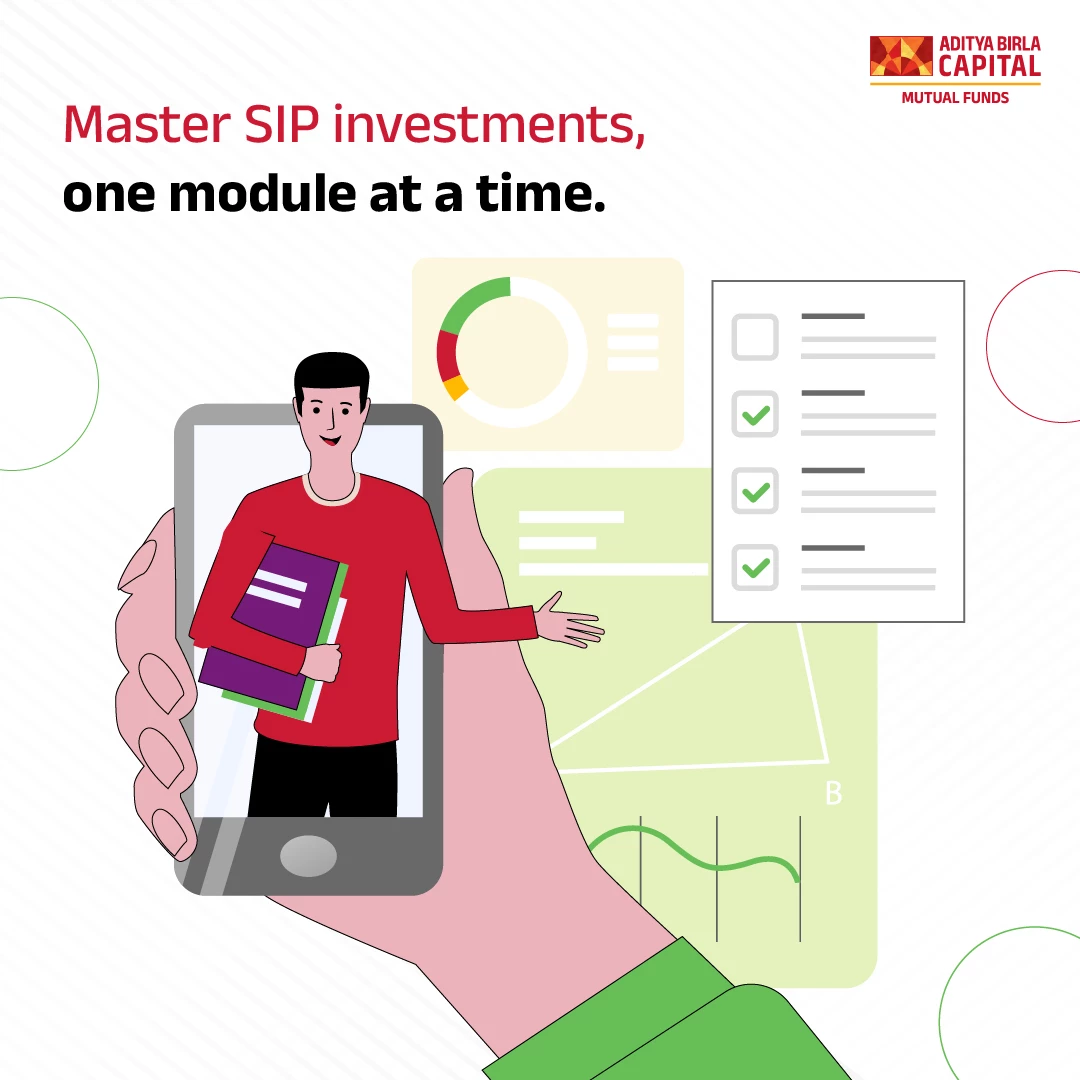A dialogue about women's empowerment cannot be complete without mentioning financial inclusion
for women. Financial inclusion grants women the power to live life on their own terms, meet their needs and achieve their goals without having to depend on anyone. However, age-old inequalities, and regressive social traditions have acted as hurdles for generations of women and even in this age, knowledge of basic financial concepts remains elusive for many. The realm of financial planning and investments has been considered the exclusive bastion of men. Watertight gender roles have kept women away from the tables where financial decisions are made and the majority of them have always depended on their parents, brothers, or husbands to manage
finances. While the number of women who contribute to household finances has increased significantly in the last decade, they rarely take investment decisions by themselves and lack of awareness about financial tenets is a major driver of the lopsided participation of women.
Roadblocks in the participation of women in financial matters
There are multiple reasons behind the dismal trends of women’s financial inclusivity. Traditionally,
women’s involvement with financial matters in households has been limited to maintaining the household budget and any kind of participation beyond that is seldom encouraged. Women also lack knowledge of basic financial concepts as opposed to men and this too is rooted in patriarchal perceptions that young girls will eventually grow up to get married and their primary responsibilities will entail caregiving and managing the household. Boys, on the other hand, are groomed to be money savvy
from a young age. This idea stays with many women way past adulthood and as such, they are more comfortable entrusting money decisions to the male members of the family and thus the cycle continues.
The silver lining
Thanks to the internet and the advent of digitization, many women are slowly yet steadily taking baby
steps towards financial inclusion. Last-mile internet connectivity at cheap rates has enabled countless women to learn the basic concepts of personal finance and also access a host of financial resources.
Often women also refrain from participating in money management exercises because they do not have the means or the confidence to visit banks and financial institutions by themselves without being accompanied by a male member. Stepping outside the home and dealing with strangers - especially men - is an unthinkable pursuit. This is especially true in demographics where patriarchal notions about women’s role in society persist.
For such women, the internet and digital financial portals are akin to a ray of hope. They eliminate the need for them to step out or get in touch with brokers for investments. The younger generations of women are also bringing about a change by deciding to take matters into their own hands when it comes to money management and thus they are setting examples for other women too.
Banks and financial institutions can also aid in making more and more women become financially savvy by widespread educational campaigns and by bringing more women professionals into the financial services sector so that first-time women investors can feel comfortable in approaching them.
The need for women to embrace equity
Even if an increasing number of women are learning the ropes of personal finance, their participation in
financial markets remains poor. Lack of access due to formal financial services, barriers due to mobility, digital illiteracy, and lack of individual sources of income deter women from investing in equities. Women are also conditioned to have lower financial risk tolerance than men and lack of knowledge about financial market terminologies makes women feel scared of equity investing as many fear they may end up losing all their capital. The absence of women peers and role models in this space also acts
as a deterrent.
However, equity allocation is a prerequisite if women truly want to attain financial independence.
Limiting investments to a few asset classes that carry little to no risk deprives them of wealth-creation opportunities in the long run and thus many women find their investments to be insufficient for their goals despite having saved and invested diligently for years. Equities are also essential for maintaining the right portfolio diversification as the same mix of assets cannot be relied on for achieving goals with varying time horizons.
The impact of a financial inclusion revolution
Increased participation of women in financial markets has far-reaching consequences. Active
involvement in financial markets can provide women the means to accumulate and maintain their assets, establish sources of income, prepare for unforeseen circumstances, and also participate in the economy. All of these can collectively propel them to better socio-economic positions with significant improvement in the quality of their lives. Besides, it can also have positive trickle-down effects on households, communities, societies, and the economy too
Paving the way for women investors
The ForHER campaign by Aditya Birla Sun Life Mutual Funds has set an example with its unique approach
to creating awareness among women investors. Recognizing the massive gap that exists in the financial services industry with respect to women-friendly services and initiatives, Aditya Birla Sun Life Mutual Funds has developed a repository of content that aims to empower women investors with the right information about financial concepts so that they can confidently manage their finances. The campaign has a trove of dedicated website content, podcasts, articles, and modules tailor-made for
women investors on a wide variety of topics including equity investments. This has been done with the aim to make women shed their inhibitions of equity investing and embrace it for their financial security.
An Investor education and Awareness initiative of Aditya Birla Sun Life Mutual Fund
All investors have to go through a one-time KYC (Know Your Customer) process. Investors to invest only with SEBI registered Mutual Funds. For further information on KYC, list of SEBI registered Mutual Funds and redressal of complaints including details about SEBI SCORES portal, visit link : https://mutualfund.adityabirlacapital.com/Investor-Education/education/kyc-and-redressal for further details.
Mutual Fund investments are subject to market risks, read all scheme related documents carefully







 1800-270-7000
1800-270-7000










